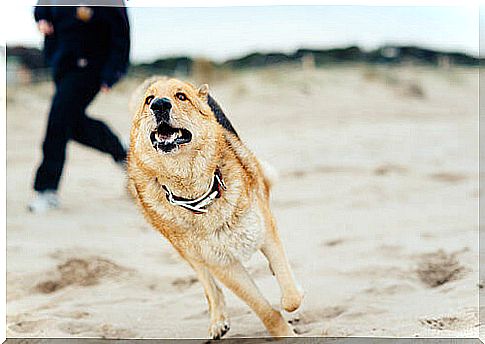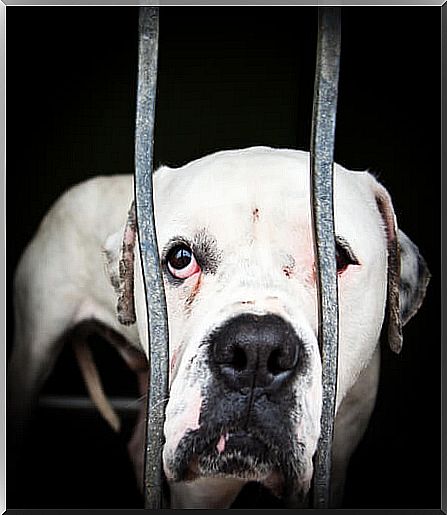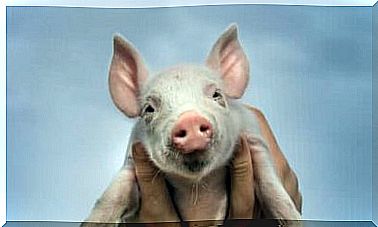Dogs Trust Humans Too Much

Whether as a pet, a work animal or a service dog, dogs are great. However, dogs have a flaw: they rely too much on humans.
Thousands of dogs have the bad luck to end up in the hands of a bad person, who abuses them and abandons them. However, people are often surprised by the forgiveness dogs show them, even though they have been terribly abused.
It’s important to understand some basics about dogs, their emotions and the ways they learn. The meaning of “forgiveness” for dogs is very different from ours.
Dogs Emotional Reality
Dogs definitely feel emotions, but they have a smaller range of feelings than humans. Dogs’ feelings are comparable to those of a small child, which means they have basic emotions like fear, happiness, anguish and love.
However, dogs do not experience complex emotions that are rooted in memory or social organization, such as shame, guilt, or pride. Therefore, dogs cannot “forgive” in the truest sense of the word, but they can rather associate a certain class of behavior with the way their owner dominates.
canine thinking

Author: Soggydan Benenovitch
Dogs don’t spend a lot of time thinking about the past or the future. There is still a discussion among the scientific community about whether they do it or not.
Most of the scientific community thinks dogs only understand what’s going on at the moment.
It is worth saying that dogs can develop a sense of routine and in that sense it will form certain patterns in their behavior.
Most experiences of a dog’s focus only exist in the moment, as dogs don’t think about the past, even though their behavior is conditioned by experiences that have been reinforced.
Pattern Recognition
What many owners confuse with complex emotions on the part of their dog are actually manifestations of pattern recognition and conditioning.
For example, if your dog knocks an object off your living room coffee table with its tail and it immediately feels “guilty,” what we are seeing in the dog’s body language is not guilt.
In fact, the dog is predicting punishment based on his reactions to past accidents. Dogs learn all kinds of patterns; for example, they may even associate picking up a leash with going out for a walk. If you’ve never yelled at or punished your dog for a specific behavior, you probably won’t see “guilt” in your dog’s body language.
find forgiveness
A dog cannot “forgive” an abusive owner in the way humans imagine, but according to a recent study, dogs are able to associate abusive behavior with a concrete situation surrounding the abuser.
This is the reason why many kennel animals, who have been mistreated, are happy to meet new people and react with joy when being manipulated by other people.
This is because they don’t remember enough of their former owners’ abuse to assume that all humans can mistreat them.
Some dogs can, and do, develop emotional trauma, but in most cases the bad experiences are forgotten and replaced by more positive patterns, if there is that kind of experience at all.
How to create awareness

As dogs cannot talk and, as social animals that they are, they will always seek the owner’s approval or approach to the humans around them, it is very important that we, as people and as a community, take care so that this condition of dogs does not be a source of abuse.
Therefore, the moment you identify an abused dog, report it immediately, intercede for the dog and try to stop this conduct.
In most countries, mistreatment of pets carries penalties ranging from hefty fines to some time in prison.
Image credits: Ana Fontes.









